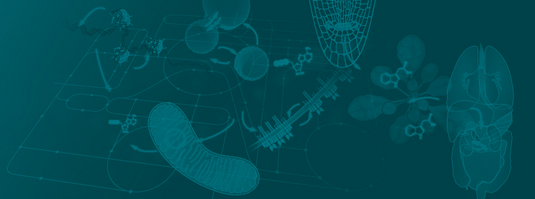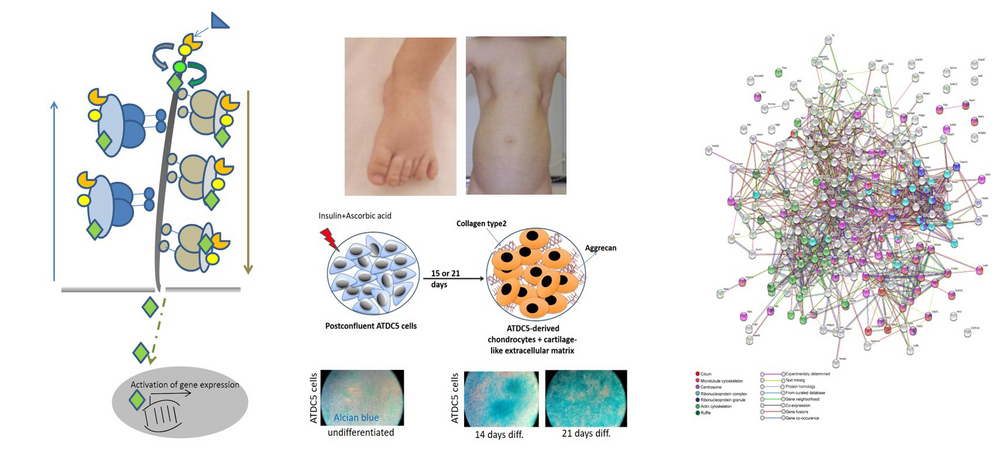Dr. Miriam Schmidts (CIBSS-AI), Center for Pediatrics and Adolescent Medicine, University Medical Center, Faculty of Medicine
Cilia are evolutionarily extremely well conserved antenna-like structures highly depending on protein transport along the microtubule axoneme (intraflagellar transport, IFT). IFT dysfunction results in complex developmental defects in vertebrates, including skeletal malformations, renal defects, heart defects and structural brain abnormalities. In humans, resulting phenotypes are summarized under the “short rib polydactyly syndrome “ term, exhibiting high lethality and a significant disease burden.
While cilia have been recognized as major cell signaling processing hubs, it has remained unclear how cilia dysfunctions translates into cell signaling defects causing organ-specific malfunction and tissue specific developmental defects.
In this project, we will investigate cell signalling consequences of IFT human disease alleles using CRISPR gene editing in in-vitro organoids with a main focus on skeletal patterning and cartilage formation.






